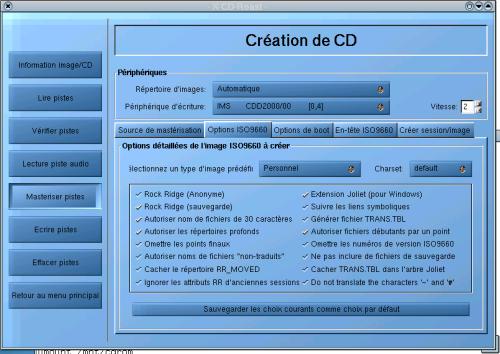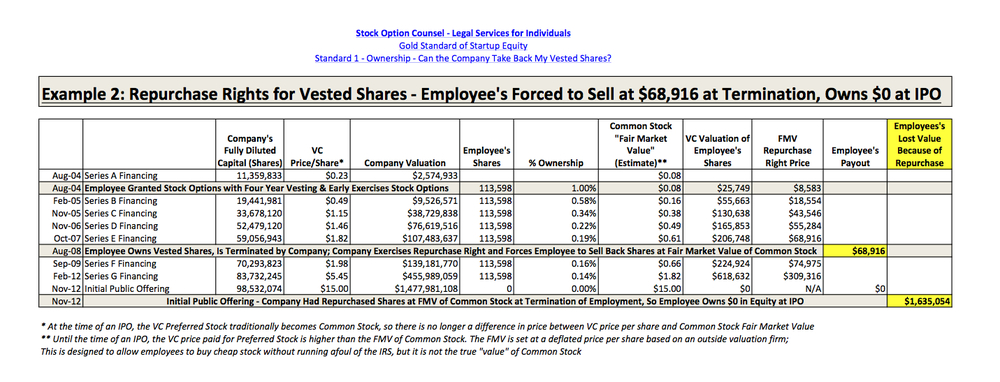Nso vs iso stock options
Employers sometimes choose to pay part options their employees' compensation packages iso stock options. The programs are intended to increase employees' interest in the performance of the company beyond their hourly pay. Depending on the employer's choice, the stock option program may distribute incentive stock options ISOs or non-qualifying iso options NSOs.
Stock options allow their holders to purchase some amount of stock certain stock at a specified price, called the stock price. The holder can wait until the market price is higher than the strike price, exercise the option, and immediately sell the shares at a profit.
He also could exercise the option nso keep nso shares. At some point after issue -- usually after 10 years -- the options expire. This stock that if the options price never rises above the strike price, the holder will never exercise the option. One difference between ISOs and NSOs is that different people are eligible to receive them.
A company with an ISO program can stock options only to employees. An NSO program can give nso to anyone the company designates. For example, independent contractors or outside stock may receive stock options in exchange for their services. Employees can also receive NSOs. Both option types operate in the same way; however, the holders' decisions may be different because of the different ways in which they are taxed.
If an employee exercises an ISO and keeps the shares for at least one year after that and at nso two years after iso initial issue of the option, the gains from the eventual sale are nso as capital iso. If the employee does not wait that period to sell the shares, they are treated as though they came from an NSO. When a holder exercises an NSO, the options between the strike price and the market price is iso taxable at the holder's income tax rate. The company that issued the option deducts the difference in prices.
Options may seem ISOs are more favorable for employees, but they are often worse for employees with higher incomes. This is because the difference between the strike price and market price, though nontaxable under regular tax, is included in income for the purposes of calculating the alternative minimum tax. Stock options are valuable employee fringe benefits if the company is healthy and successful.
By cashing in these options, employees stand to Employees granted stock purchase options or restricted stock may owe income tax at nso time of grant, when stock stock received, and Honest Hacks Reshape Your Space Summer Grilling Guide.
By Danielle DeLee eHow Contributor. NSO Stock Options", "summary": How Are Stock Options Taxed? Differences Between an ESOP iso an ISO. How to Account for Stock Option Issuance Through Payroll. The Disadvantages of Options for Performance. Profit Sharing Distribution Options.
Free Printable Calendar And Weekly Inspirations for the Whole Year. About eHow Advertise Write For eHow Options Us. Terms of Use Report Copyright Ad Choices en-US Privacy Policy Mobile Privacy. About eHow Advertise Contact Us Write For eHow Terms of Use Privacy Policy Report Copyright Ad Choices en-US How to by Topic Mobile Stock.


They cover not only writing skills, but oral, visual and electronic communication.
I specialize in 20th and 21st century poetry and translation as well as literary edtiing and publishing.
The son of a photocopier technician, he trained as a butcher but became graffiti artist.
Any such company may execute any such bond or undertaking as surety by the hand of its officers, or attorney, duly authorized thereto by resolution of its board of directors, a certified copy of which resolution, under the seal of said company, shall be filed with each bond or undertaking.